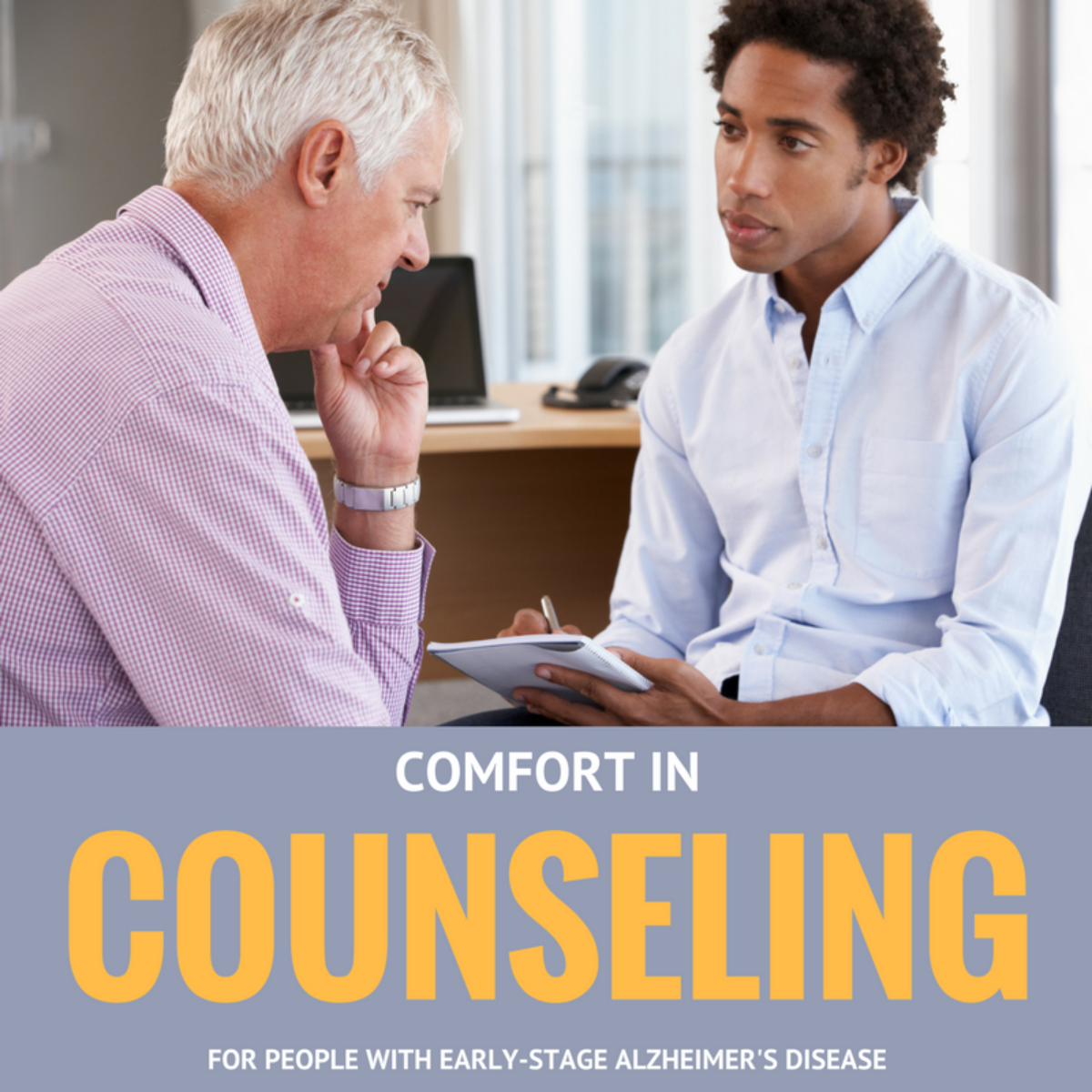
Comfort in Counseling for People with Early-Stage Alzheimer’s Disease
An early-stage Alzheimer’s disease diagnosis can feel devastating, yet there is hope and support available. Robyn Yale, who pioneered some of the first available support groups for people with early-stage Alzheimer’s disease, discusses the healing powers of counseling for people who have received an early-stage Alzheimer’s diagnosis. Her book, Counseling People with Early-Stage Alzheimer’s Disease: A Powerful Process of Transformation, provides practitioners with an innovative therapeutic model specifically designed to meet the unique needs of clients living with Alzheimer’s. The book’s counseling methods not only help people cope with and adjust to the disease process, but also lead fulfilling, meaningful lives that are still full of promise.
A person recently received a diagnosis of early-stage Alzheimer’s disease. What might be some of his or her emotional needs during this time? How can individual counseling help a person handle intense or painful emotions that may surface, like feelings of hopelessness and despair?
Issues around one’s sense of identity, self-image, and self-esteem are in turmoil with a diagnosis of early Alzheimer’s. Counseling offers people both education and support. Typically, they haven’t had a chance to ask their questions or process their feelings and reactions. Gaining an understanding of the disease and what lies ahead can, for many people, be more helpful than having no information – which is what often happens because others are hesitant to provide it. The counselor is a calm presence who respects and validates the continued worth of the person with the disease. The counselor can also advocate for the person to participate in family discussions and decisions if appropriate. From here, important problem-solving about daily matters as well as planning for the future can happen. The person can also be connected with early-stage programs, meeting others who have found ways to cope and thereby feeling less alone and despondent.
What are some concrete benefits that a person with early-stage Alzheimer’s disease can receive from counseling? How does counseling enhance quality of life for people living with Alzheimer’s disease?
My book provides an innovative, comprehensive framework for counseling people with early-stage Alzheimer’s disease that offers many benefits. The model identifies the connections between the emotional adjustment, practical coping needs, and lifestyle issues faced at this point in the illness and addresses them in an integrated way. For example, someone who is facing losing their driver’s license is likely to be quite upset about it, but also needs to understand the reasons it’s happening, the steps that need to be taken, and the alternatives for getting along without driving. All of this is important –not just taking the keys away or having a driving test and not just responding to the anger or sadness.
Counseling enables people to work through the grief and losses they face to an acceptance that helps them cope with the illness. They can then seek to balance acknowledging the trauma of having this condition and all they need to do about it with focusing on the wellness that remains in the early stage. This allows them to look at new opportunities for activity, relationships, and purpose in their lives, rather than isolate and think that life is over.
In your book, you write that, “The foundation and atmosphere of kindness set by the counselor show the person with early-stage dementia a path to poignant self-acceptance.” How might practitioners cultivate a positive and meaningful therapeutic relationship with their clients so as to promote growth?
The skills required to form a therapeutic alliance with a person with early Alzheimer’s are the same as those used in any relationship between a therapist and client. For example, active listening, empathy, and being non-judgmental are all part of the ingredients for building trust. And, I might add, this is not typical of other interactions in the lives of a person with dementia, such as those with doctors or others who may rush or avoid talking about what is going on.
What is unique about the therapeutic relationship with a person with early stage Alzheimer’s disease?
Some of the unique things about counseling people with Alzheimer’s include needing to work with the cognitive and memory impairment in the sessions, using specialized communication techniques helpful to people with dementia, and dealing with the reality that the disease will progress.
In your personal experiences counseling people with early-stage Alzheimer’s disease, what has been most challenging? What has been most rewarding?
Each person with early-stage Alzheimer’s has a different pace and process of acceptance of what they are facing, as would you or I. It can be challenging to stay present and not try to rush or steer this individualized work that needs to happen. It can also be difficult when other community dementia care resources that might be helpful are limited.
It is very rewarding to see people blossom in transformation though, as the book’s title describes. Many are able to go from feeling that there is nothing left for them to saying things like, “I’m still here”, “I still matter,” or “I may need a little extra time or help, but I can still be involved in that.” I’ve seen people form strong partnerships with family members, develop new friendships and talents through early-stage programs, and find ways to contribute to their communities or to the Alzheimer’s field through volunteer work. Doors—and possibilities—can open rather than close when someone has guidance and support.
Your book mentions that there are not many practitioners who specialize in counseling people with Alzheimer’s. Why is there a shortage of clinicians providing one-to-one counseling services to people with early-stage Alzheimer’s disease, and how do we expand therapeutic resources for this population?
There is still a stigma and stereotype that there is not much to offer people with Alzheimer’s, a lack of awareness that counseling can be helpful, and very little training available to professionals around this. In my first book, I pioneered the early-stage support group model that over the years became widely replicated internationally. In the beginning, those didn’t exist either, but now they are quite “mainstream.” I’m hoping that in a similar way, people will read Counseling People with Early-Stage Alzheimer’s Disease, become excited by it , and use the model so that the service will expand.
Read the book!
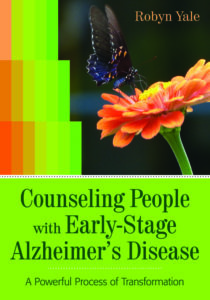 Counseling People with Early-Stage Alzheimer’s Disease
Counseling People with Early-Stage Alzheimer’s Disease
A Powerful Process of Transformation
By Robyn Yale, L.C.S.W.
Copyright © 2013 by Health Professions Press, Inc.
This innovative counseling framework designed around the problems and needs arising from dementia, guides the counselor and client through the many emotional, practical, and lifestyle issues to be faced.

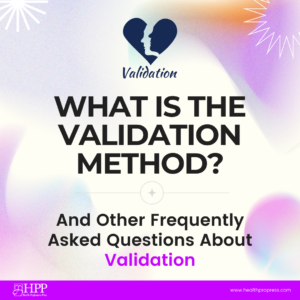
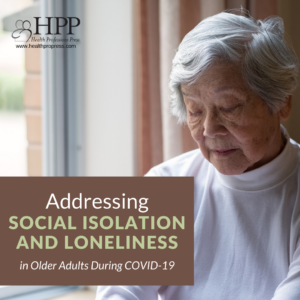
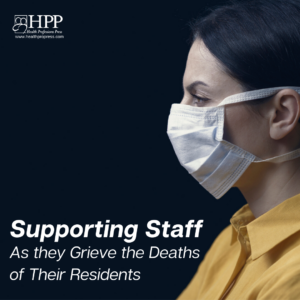
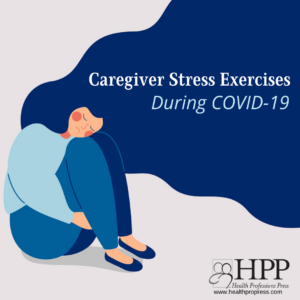
comments
Linda Austin says
I am an RN that's been diagnosed with Alzheimer's
I knew in my heart that I had this..... but didn't get tested till a year ago. I left my pediatric position without telling them the reason. I still miss my patients.
I still haven't told my friends, I am afraid they will say. You poor thing.
I am a very independent person and have my life goal to help people.and never learned or wanted others to need to help me.
What's your advice for me ?
What advice would you give me
Add comment
replies
Add comment